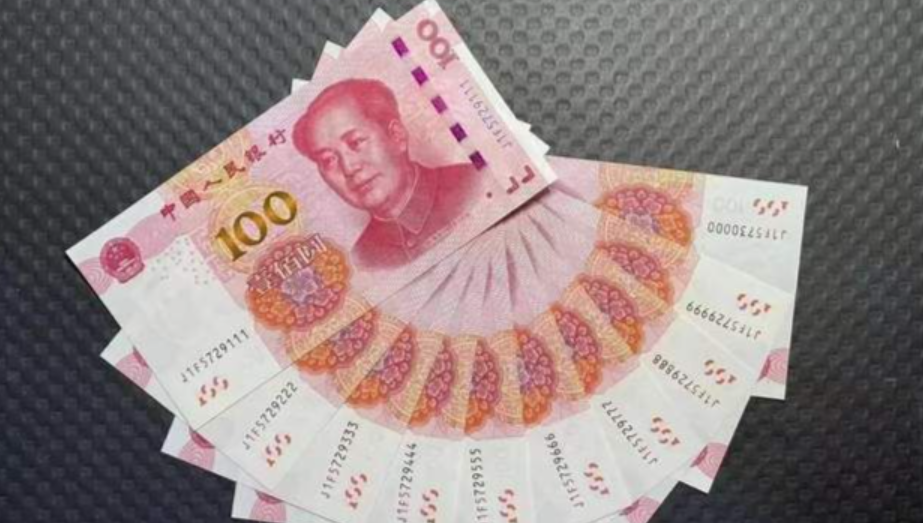Renminbi Faces Currency War: What’s Next for Its Future?
Advertisements
The global economic landscape is undergoing transformative changes that have set the stage for emerging monetary conflicts. Countries across the globe are engaging in a silent war of currencies, and as the stakes rise, the fate of the Chinese Yuan (RMB) becomes even more intricate and vital to understand. What lies ahead for the RMB amidst these tensions? How will it respond to the challenges and opportunities that arise in this currency battleground? This article delves into the future trajectory of the Yuan, analyzing its prospects and the myriad factors that are likely to influence its path.
In the current world, economic competition has intensified dramatically. Governments engage in complicated maneuvers involving monetary policy adjustments and fluctuating exchange rates, akin to a fierce, unyielding battleground stripped of physical confrontation. The nuances of international relations, market responses, and policy shifts compel us to reconsider the posture of the RMB within this broader spectrum of monetary warfare.
But what exactly constitutes a currency war? At its essence, it refers to the strategies employed by nations to adjust the value of their currencies to bolster economic competitiveness. This often includes interventions aimed at driving up exports while curtailing imports, all with the goal of securing a dominant position in global markets. Central banks, with their myriad tools, influence economic trajectories through interest rate adjustments, direct interventions in exchange rate valuations, and other monetary policies. The implications of these actions stretch across the globe, significantly affecting global trade dynamics.
As we observe the international landscape, the question that emerges is how the Yuan will navigate this complex arena.

The trajectory of the RMB in the global marketplace has accelerated in recent years. Data from the Bank for International Settlements highlights that the Yuan has ascended to become the fifth most utilized currency in global payments. This growing international prominence can be largely attributed to China's rapid economic progression and key initiatives such as the Belt and Road Initiative (BRI). Through the BRI, China is actively promoting the use of the Yuan in international trade, aiming to establish a trade network that is increasingly independent of the US Dollar.
However, this path toward RMB internationalization is fraught with hurdles. In an era marked by currency wars, China must approach the situation with caution. On one hand, there is the necessity for a calculated and deliberate march towards increased global acceptance of the Yuan, enhancing international trust in its stability. On the other hand, maintaining economic stability within China becomes crucial for withstanding external shocks and safeguarding against speculation that could compromise the currency's value.
Currency fluctuations present a formidable challenge in this war. Should other nations engage in frequent devaluation of their currencies to capture market share, the Yuan could also face downward pressure. This dynamic poses risks not only to China's export capabilities but can also lead to capital flight, exacerbating uncertainty within financial markets. In such scenarios, the People's Bank of China (PBOC) can leverage various strategies—like market interventions and adjustments in interest rates—to cushion the RMB against external pressures and stabilize its value.
The intricate interplay of external factors further complicates the situation. For instance, the tightening of monetary policy in the US, driven by the Federal Reserve's interest rate hikes, could result in a flow of capital towards the US, consequently elevating pressure on the Yuan to depreciate. Conversely, economic stagnation in developed economies such as those in Europe and Japan may lead to their implementation of looser monetary policies, which could fortuitously bolster the Yuan's standing.
Each passing day brings the realization that the global economy continues to oscillate due to various trends. The recovery patterns post-pandemic have not been uniform, which heightens the responsiveness of the Yuan to fluctuations in the global economic landscape.
Nonetheless, a long-term perspective suggests that the Yuan holds substantial potential. Continuous development of the Chinese economy and the rise of consumer markets indicate that the RMB's inherent value may gain recognition on a global scale. Moreover, growing calls within the international community for a reduction in reliance on the US Dollar present an opportunity for further RMB internationalization. In this context, the Yuan could potentially rise to become one of the preferred reserve currencies for central banks worldwide.
In tackling the challenges brought forth by currency wars, China must not only fortify the resilience of its economy but also engage proactively in international economic governance. An emphasis should be placed on creating a just and equitable international monetary system. Additionally, fostering financial cooperation with other nations, particularly through alliances with BRICS countries and neighboring states, can enhance the RMB's influence and support its internationalization efforts.
Simultaneously, the exploration of digital Yuan initiatives could provide innovative pathways to further propagate the currency. By establishing scenarios where digital currency can be utilized effectively, China could inject new momentum into the international acceptance of the RMB.
While the onset of currency wars introduces an array of uncertainties for the Yuan, it also unveils a wealth of opportunities. China faces the significant task of executing a balanced strategy that supports the gradual internationalization of the RMB while agilely responding to the shifting external landscape. Ultimately, whether the Yuan can achieve a more substantial global footprint rests on China’s ability to capitalize on the opportunities presented during these tumultuous times, striving for a balance that allows for both relative independence and seamless integration into the international markets.
As the world watches this unfolding narrative, one must anticipate how the Yuan will maneuver through the intricate dance of global monetary conflict, potentially reshaping financial dialogues and relationships on a worldwide scale.
Post Comment